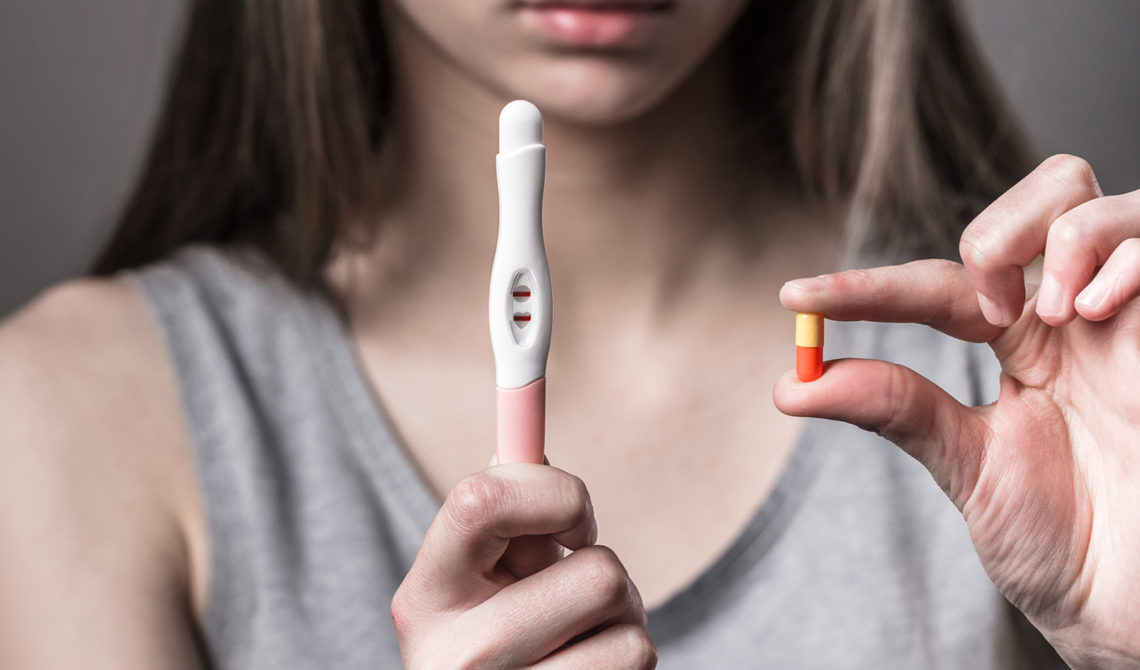
There are numerous hormones in a woman’s body influencing fertility. The mere presence of these hormones are not sufficient. These hormones need to be available in sufficient amounts and work in a balanced manner in order to achieve ovulation. The following is a list of the most common hormonal conditions affecting fertility:
Estrogen, primarily produced by the ovaries, is the primary hormone responsible for growth of the follicle.
Progesterone produced by the ovulatory follicle, also known as the egg, is responsible for maintaining the endometrial lining and allowing the pregnancy to progress.
Testosterone is also known as a male hormone which is also essential in a women’s body. Too much testosterone however will disrupt the ovulatory cycle and result in fertility issues. This condition is seen in women with polycystic ovaries or pcos.
Prolactin is produced by pituitary gland located in the base of the brain and is responsible milk production after delivery among other functions. Too high a level of prolactin from an overgrowth of pituitary gland may also disrupt the ovulation cycle. One such tumor is called a prolactinoma.
Thyroid hormones are essential to normal functioning of our body including the reproductive organs. Too much or too little thyroid hormone production from the thyroid gland can disrupt ovulation among many other problems.
LH or leutenizing hormone also produced in the pituitary gland located in the base of the brain is responsible for inducing release of the egg from a mature follicle. Absence of a strop LH surge prevents ovulation.
What factors cause hormone imbalance?
Genetics, hereditary, autoimmune disorders, obesity, severe weight loss, prolonged high intensity exercise and tumors of the hormone producing organs are the major factors in hormonal imbalance.
Symptoms of hormone imbalance?
- Elevated testosterone results in irregular menstruation, acne, and thick body and facial hair.
- Elevated prolactin causes headaches, visual changes, and milk production from the breasts.
- Low progesterone levels may result in recurrent miscarriage.
- Low estrogen prevents thickening of the endometrial lining and poor follicle growth.
- Too much thyroid hormone results in disruption in ovulation and too little heavy menstruations.
- Poor LH surge results in infrequent ovulations.
Infrequent or absent ovulation, and irregular menstruations are some of the fertility issues that are most commonly linked to hormone imbalance.
Are at-home tests helpful?
An ovulation test is a form of hormone testing which checks for the LH surge and the results are helpful to your doctor.
Consult a Board-Certified medical provider for more information if you suspect that a hormonal imbalance might be affecting your fertility. Schedule a consultation with Dr. Michael Tahery at his Glendale or Los Angeles office if you have any questions.